The Supreme Court will hear arguments Tuesday from a former Pennsylvania police officer who stormed the US Capitol on January 6, 2021, in a case that could undermine federal charges against more than 350 rioters.
Joseph Fischer told the justices that by the time he arrived at the Capitol on January 6, 2021, Congress had already recessed. His lawyers said Fischer spent less than four minutes inside the building and that he advanced fewer than 25 feet.
Prosecutors paint a different picture. They say Fischer warned his police chief by text that the day might get violent. He texted that protesters should drag Democrats “into the street and have a mob trial.” Fischer captured a video on his cell phone in which he can be heard yelling “charge!” before he ran into the Capitol, prosecutors say.
Weeks after the attack, a grand jury returned a seven-count indictment against Fischer that included charges of civil disorder; assaulting, resisting or impeding officers; and the obstruction charge. The case before the Supreme Court involves only that last charge.
The US Court of Appeals for the DC Circuit combined Fischer’s case with two others and ruled that the charge could be used against January 6 defendants – siding with 14 of 15 district court judges who ruled the same way. All three defendants appealed to the Supreme Court, but the justices granted only Fischer’s case. The other two will likely be summarily resolved after Fischer.
Exactly how much impact the court’s ruling may have on other January 6 cases is unclear. Most defendants who were convicted of the obstruction charge and sentenced to prison were also convicted of additional felony or misdemeanor charges, according to a CNN analysis. The average sentence in those cases was just over four years, the analysis shows – far less than the 20-year maximum the obstruction count carries.
Read more about the case here.

























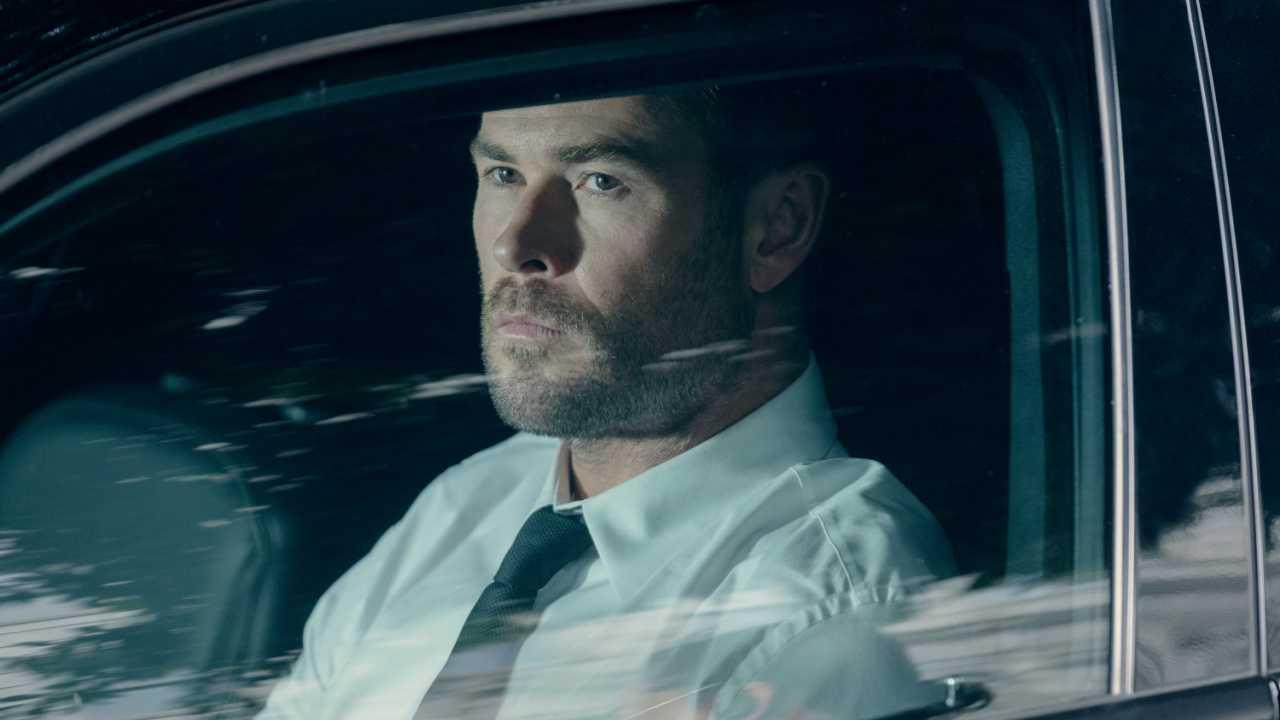


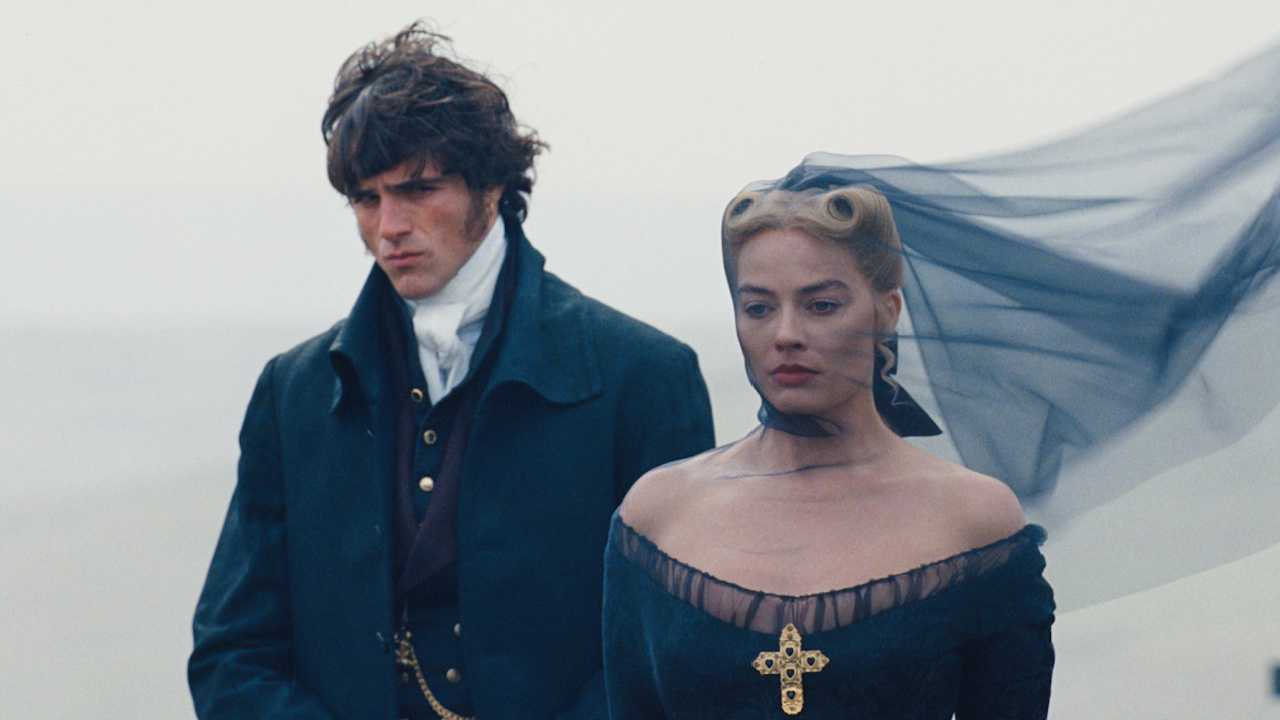
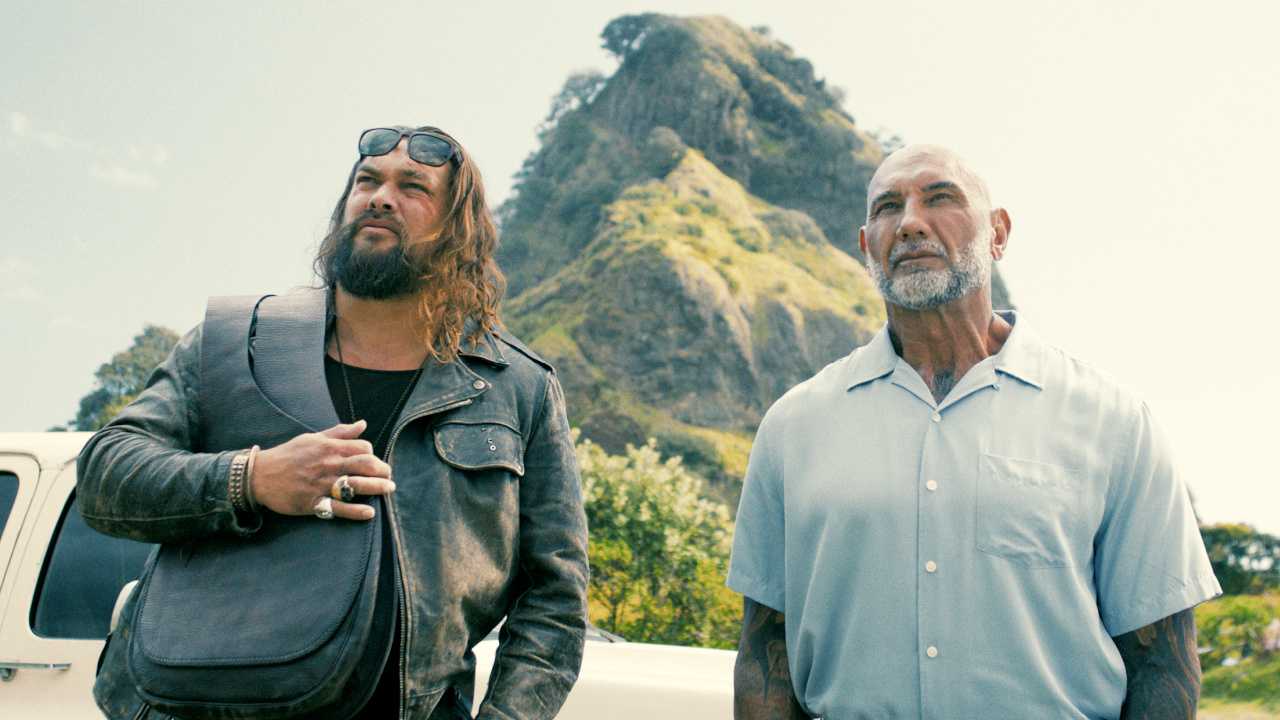
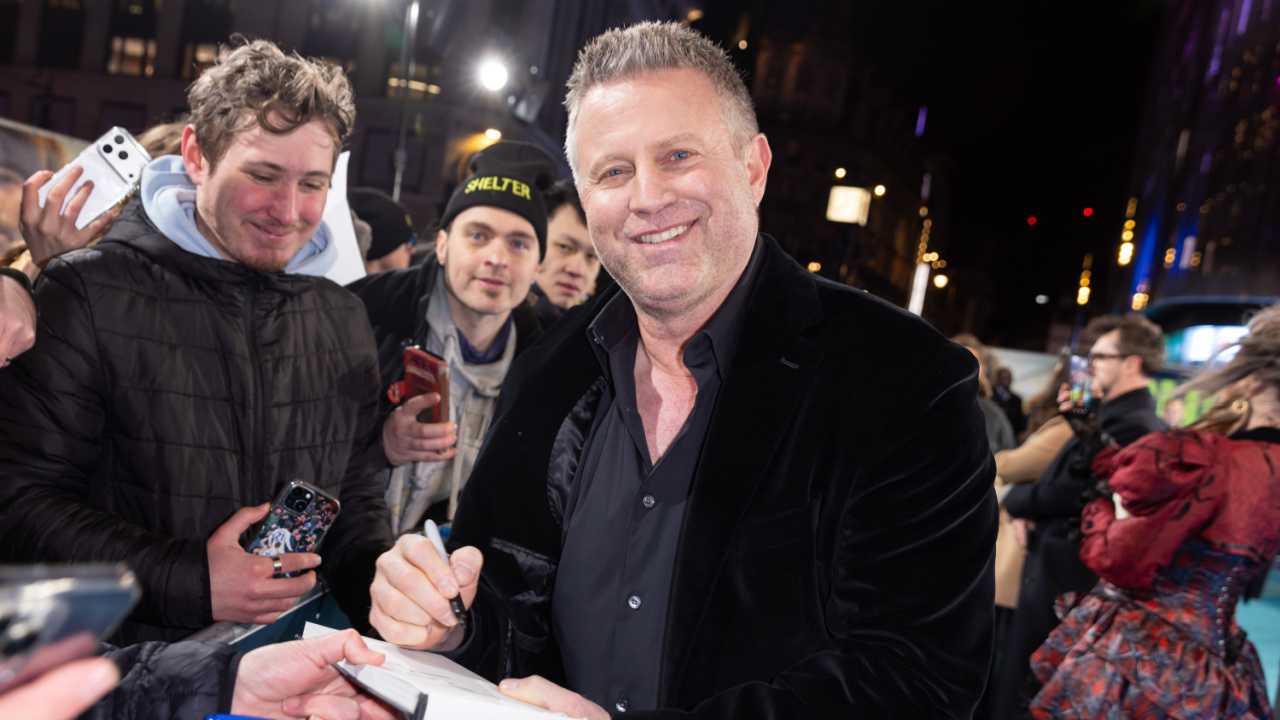

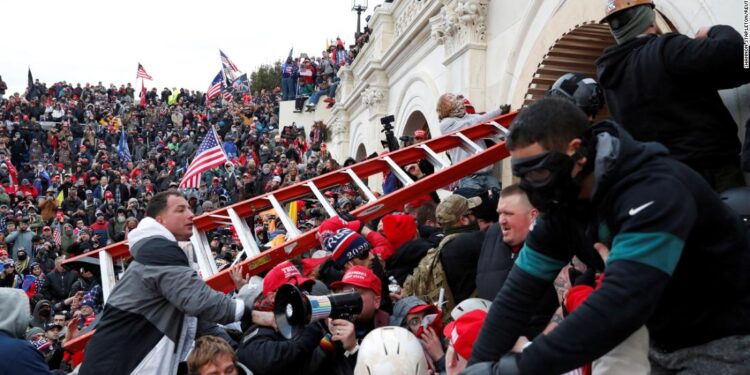






Discussion about this post